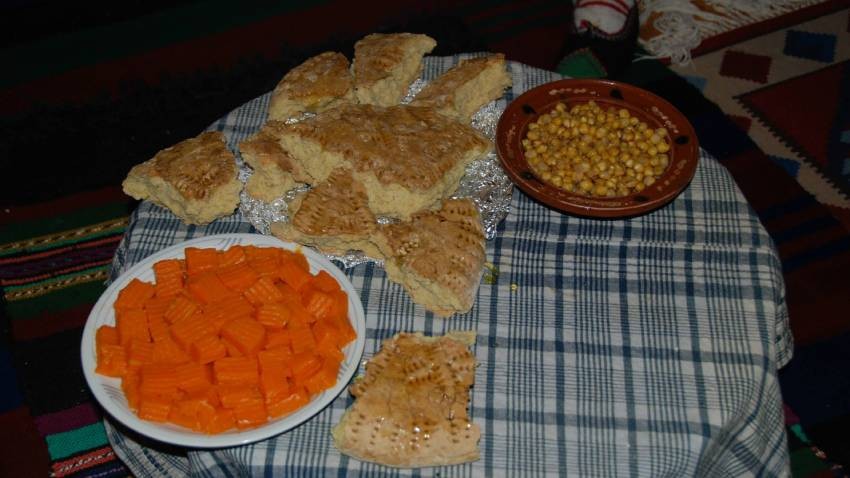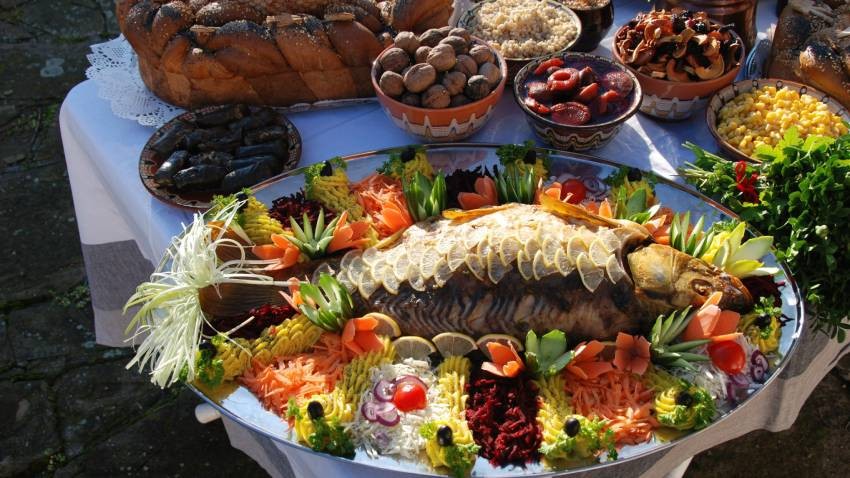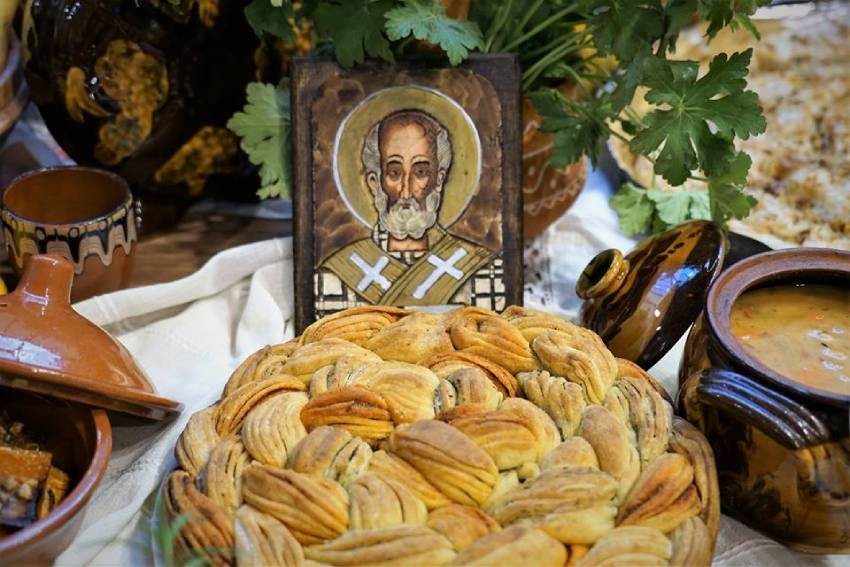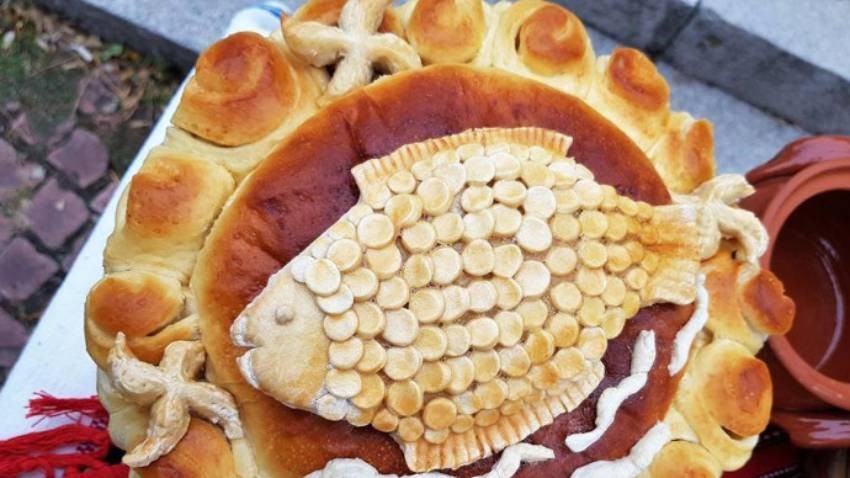December 4 is the church holiday of the Holy Great Martyr Barbara, celebrated by both Orthodoxy and Catholicism. Barbara was a girl from a noble family, beheaded for her Christian faith at the beginning of the 4th century. There is a belief that from Varvara to Ignatius the day "rises" like a needle's tip. It also "rises" from Ignacius to Vasil (from December 20 to January 1). On Varvara, day and night meet and become equal. The holiday is also called Varvaritsa, Varvarinden or Women's Christmas.
In traditional representations, Varvara is the patroness of children's diseases, and above all, smallpox, called by our people by taboo names: grandmother, aunt, sweet and honeyed. An evil, toothless and ugly grandmother - the image of the disease "paints" Varvara's portrait as well. In order to propitiate Baba Sharka (grandma Smallpox) and divert her from the children, the women prepared a ritual stew in which they put various wheat and bean seeds. They call it "varvara". Sweetened with honey, this stew is given to children, and also to neighbors and relatives. There is a belief that throughout the day the children should jump so that Varvara does not find them.




On Ivanovden, the village of Alvanovo (Northeastern Bulgaria) observes the custom called "Bathing the Sons-in-Law". The ritual is performed for health and prosperity of young couples who got married in the past year, reported BTA, referring to Valya..
The Borisova Garden in the heart of Sofia will once again become the stage for the Surva mummers' festival traditionally held in the town of Pernik. For the third consecutive year, Sofia residents and guests of the capital will be able to enjoy the..
Moving to Bessarabia more than two centuries ago, some Bulgarians brought with them part of their rich rituals. In their new homeland, some customs became modified under the influence of local traditions, others disappeared, and still others have been..

+359 2 9336 661
